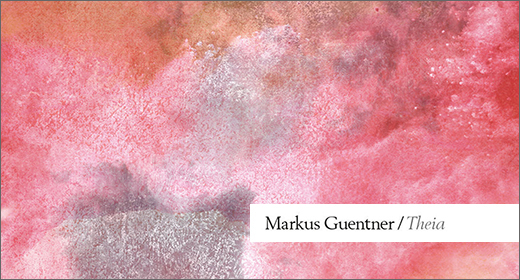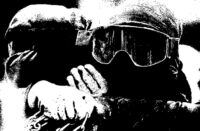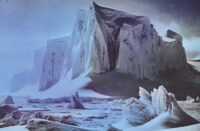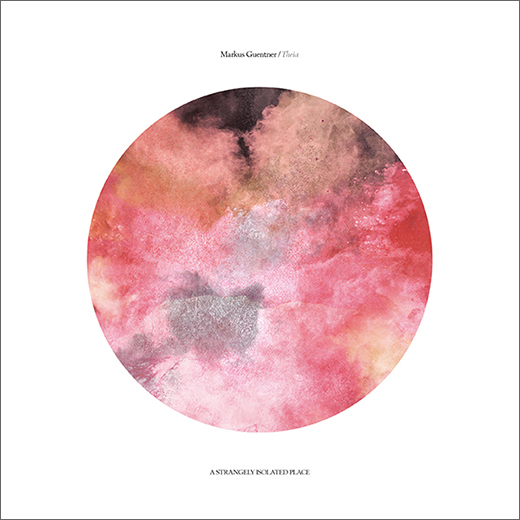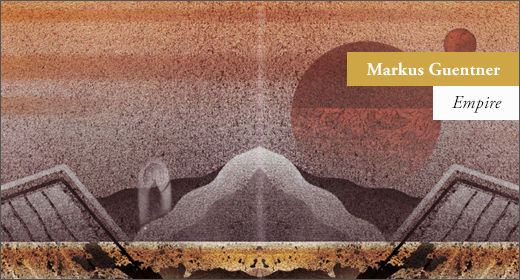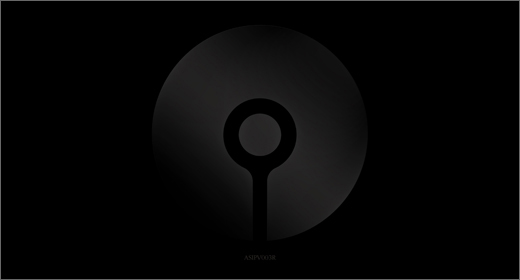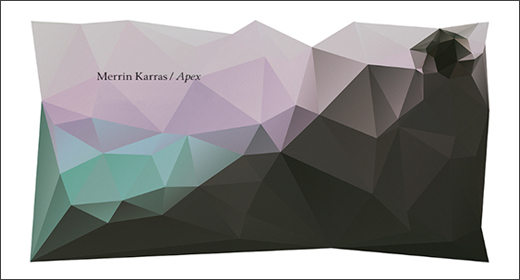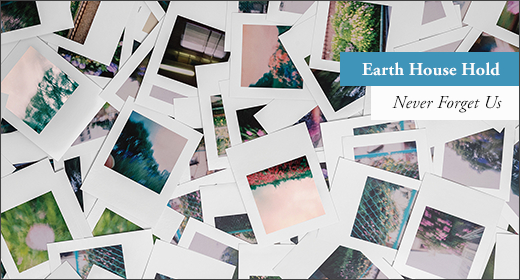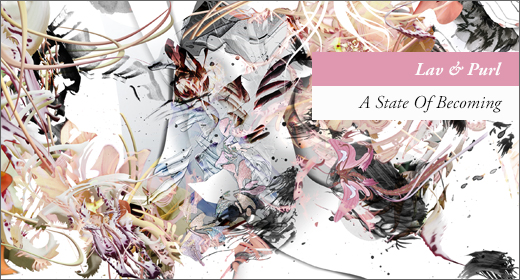Theia sees Markus Guentner taking his immersive ambient soundscaping to another level, creating a work that is grandiose but somehow never overblown.
Ryan Griffin’s A Strangely Isolated Place music community and label draws notable comparisons to Huw Roberts’ UK based Serein label. Both started as digital-only purveyors of free music, and later graduated into full CD and vinyl releases, sharing a passion for high quality packaging and beautiful artwork.
Markus Guentner’s Theia is the second in the label’s solo-artist releases, and his eighth full length album following titles for Kompakt, Ware, Sending Orbs, Affin and Moodgadget. As reminiscent as it frequently is of Gas, Yagya or even Rafael Anton Irrisarri’s The Sight Below, Guentner’s work is firmly imprinted with his own musical DNA, creating a unique sonic fingerprint that combines truly panoramic vistas of sound and an utterly vast scope with a palpable sense of one’s own place within these vividly conjured soundscapes.
The title Theia refers to a hypothetical planet-sized mass that collided with Earth to form the moon, and its component pieces are named for cosmic bodies, features and events that happen on a grand scale. Yet the listener rarely witnesses them from afar, instead plunged right into their chaotic and beautiful epicenters, dwarfed, overwhelmed and unable to escape.
Theia begins majestically with “Magnetar,” a neutron star-sized mass of ghostly, swelling strings enveloped in glittering fields of electromagnetic radiation that typifies Guentner’s juxtaposition of scope and claustrophobia, as dense as it is vast. “Ejecta” explores similar territory, but has a greater melodic focus and brighter, more colorful palette of effects while the brooding “Redshift” is a moody assault on the senses, with wowing bass, sheets of distortion and a penetrating sine-wave drone almost inducing dizziness and disorientation.
“Baryon” features a collaboration with Irisarri under his Sight Below alias, and begins with washes of torrential rain and the crackle and clatter of subatomic particles. It’s not long before his influence is apparent as those trademark distant, warm guitar fragments and blossoming bass tones emerge amongst soothing, dreamlike, sedatory drones until the track slowly whites out. Meanwhile, “Paragon” touches heavily on the other side of that Sight Below palette, with ringing, hollow tones evoking echoing, cavernous alien spaces.
Album-closer “Cavus,” eclipses the rest of Theia entirely in terms of sheer wall of sound, however, a piece seemingly designed to throw even the most determined or resistant listener into stasis. Like a celestial body passing on its orbit, it reaches a perihelion crescendo before melting into the swirling, hissing distance. Only the discolored, shadowy gusts of wind on the pitch-dark “Limb” seem slightly out of place on Theia, its texture and drift a little harsh and alienating among the rest.
Theia sees Markus Guentner taking his immersive ambient soundscaping to another level, creating a work that is grandiose but somehow never overblown, and is an absolute must for fans of ambient and dub-techno everywhere. Best ambient album of the year by a long, long way.
A Strangely Isolated Place present Theia in a gorgeous, high spec, matt-laminated gatefold sleeve bearing lush artwork by Nick Brzostowski with full, die-cut (but un-printed) inner sleeves housing two clear vinyl discs together with a download code for the album in the digital format of your choice.
Theia is available on A Strangely Isolated Place.






